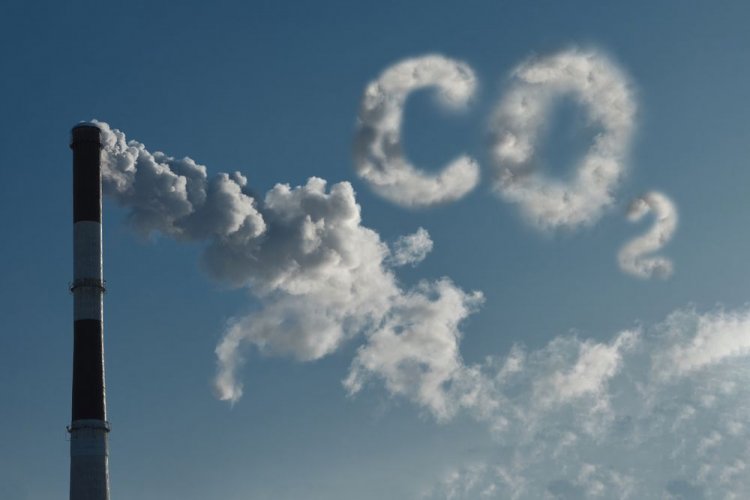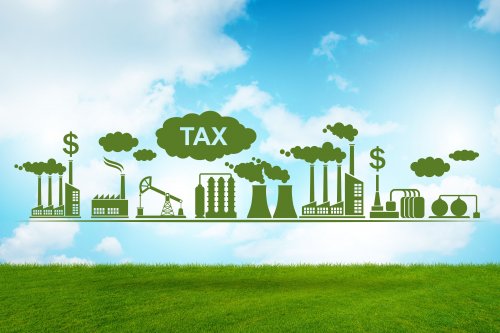In the UK, during the week of January 29-February 2, the price of carbon emission allowances fell to a record low of $40 (31.48 pounds).
According to analysts, this is due to a decrease in industrial energy consumption, demand for heating due to the mild winter, and a large number of available emission permits, Oil Prices reports citing the Financial Times.
It is noted that this price drop has caused concern, as high allowance prices motivate companies to invest in decarbonization projects and reduce emissions. In addition, the profits from the greenhouse gas emissions trading system are a source of funding for the green transition, in particular in renewable energy sources.
"If we want to electrify transport and heating and power it with renewables, it's going to be very difficult to do that without a higher carbon price to fund and incentivize," BNP Paribas analyst James Huckstep said.
The article said that according to some experts, the drop in prices indicates that the industry is emitting less carbon dioxide.
"We need a strong, consistent and predictable carbon price signal to ensure that investment goes in the right direction," Adam Berman, deputy director of policy at trade body Energy UK, told the FT. "A low carbon price sends the wrong signal entirely about the UK's zero emissions commitment."
Governments that use carbon pricing to fund the transition position the allowance market as free, they say, needing the price of allowances to keep rising. The free market prevents the kind of stable pricing that green transition advocates worry about.
As EcoPolitic reported earlier, the British government announced that starting in 2027, the country will introduce its analogue of CBAM.





